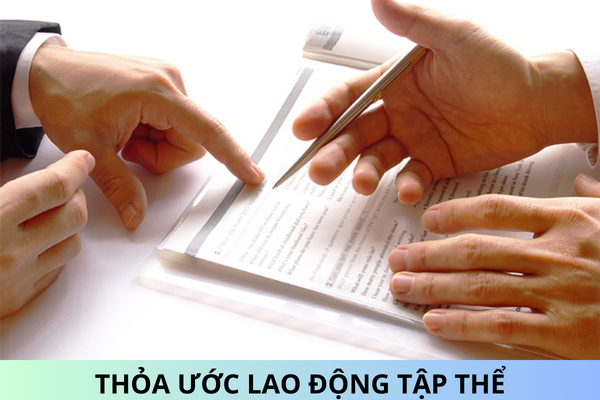Vietnam: Are employees entitled to leave in case the leave application has not been approved via email after verbally applying for it and obtaining the director's approval?
Article 111 of the Labor Code 2012 stipulates:
1. An employee who has been working for an employer for full 12 months is entitled a fully paid annual leave as stated in his/her labor contract as follows:
a/ Twelve working days for an employee working in normal conditions;
b/ Fourteen working days for an employee doing a heavy, hazardous or dangerous job; or an employee working in a place with harsh living conditions on the list issued by the Ministry of Labor, War Invalids and Social Affairs in coordination with the Ministry of Health, or for minor or disabled employees;
c/ Sixteen working days for an employee doing an extremely heavy, hazardous or dangerous job; an employee working in a place with extremely harsh living conditions on the list issued by the Ministry of Labor, War Invalids and Social Affairs in coordination with the Ministry of Health.
2. An employer in Vietnam may decide on a timetable for annual leaves of employees after consulting employees and shall notify it in advance to them.
3. An employee in Vietnam may reach an agreement with the employer on taking annual leave in installments or combining annual leaves of a maximum of every three years.
4. When taking annual leave, if an employee travels by road, railway or waterway and the return trip takes more than 2 days, the travel days from the 3rd day onward will be added to the annual leave and this will be applied for only one annual leave in a year.
Thus, taking leave is an employee's right. However, in practice, employees in Vietnam must submit a leave application for the director's approval. This is the basis for the accountant to calculate the salary for those days off. The procedure may vary in each company.
In case you have verbally applied for leave and have approval, but you receive no response when sending an email, you should review the company's leave approval regulations to determine whether you have followed the correct procedure.
Regards!










